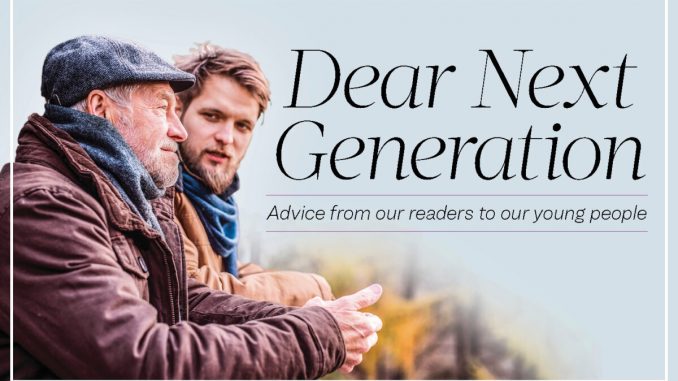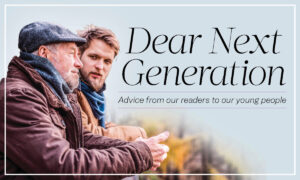

Born in 1957, and raised in a divided Germany, I was fortunate to have lived in West Germany where the historic processing of what had happened under the Nazi regime was part of my high school curriculum. We were taught about the war, what led up to it, and the atrocities that were committed. One of the things I remember vividly to this day were the films taken by Allied soldiers during the liberation of the concentration camps. We were shown this original footage in school.
During a couple of trips to other European countries as a teenager, I ran into people who wanted nothing to do with me because I was German. While I recognized as a teenager the inhumaneness of what the Nazis had engaged in, it took me many years and conversations with my American husband to come to grips with my homeland’s history and not feel ashamed of being German.
I grew up in a seaport where international merchant and naval ships docked on a regular basis. You always knew there was an international ship in the port just by observing shoppers and listening to them talk in a different language. Our parents raised my sister and me to be tolerant of other people (culture, race, religion, etc.), and school and church reiterated that as well.
At an early age, I became interested in other countries and cultures, and soaked up everything that was “different” and new. Together with family and friends, I took trips to other European countries as well as to the former Soviet Union and a couple of Asian countries. This was, of course, prior to cellphones and social media; and I still cherish those personal experiences.
I got my library card when I was in sixth grade. One of our teachers had arranged with the head of a nearby library for a “training session” on how to access the catalog with index cards and where to find individual books on the shelf. I think our entire class signed up for a library card that day. Anyway, I would visit my library several times a week. I checked out books on different topics—geography, psychology, history, etc.
Talking about naval ships in the port, I remember an evening with friends downtown when we met a couple of sailors from the British Royal Navy. Our group soon expanded to also include an American soldier who was stationed in my hometown. We spent hours talking about our countries, sharing what life was like for us on a daily basis, and so much more.
During my work life, I met so many different people from other backgrounds and countries. One former colleague was one of the Vietnamese boat people; his parents had fled an oppressive Vietnam and made a new life for themselves in a free country. One lady I worked with together with her family had fled the former Yugoslavia after the collapse of the Soviet Union.
During a trip here in the United States, my husband and I met an older woman who, growing up in Poland, watched with her family, from a forest, while Nazi soldiers burned down their small village. She and her family hid in the woods and eventually made their way to the United States.
The point I’m trying to make is for all of us—no matter how young or old we are, or where we come from—to get to know people on a personal level. Be curious, ask questions to understand viewpoints, listen, and agree to disagree. Every person is unique and every person has a story.
One organization I worked for encouraged employees during in-house training to sit with people from other departments to get to know them as well as the challenges they faced in their role at work.
Every once in a while, I still think about the two British sailors. Not too long after we met in my hometown, their ship was part of the fleet deployed to the Falkland Islands during the brief war. I often wonder if they ever made it home.
Sigrid Alexander, Colorado
____________________
What advice would you like to give to the younger generations?
We call on all of our readers to share the timeless values that define right and wrong, and pass the torch, if you will, through your wisdom and hard-earned experience. We feel that the passing down of this wisdom has diminished over time, and that only with a strong moral foundation can future generations thrive.
Send your advice, along with your full name, state, and contact information to NextGeneration@epochtimes.com or mail it to: Next Generation, The Epoch Times, 229 W. 28th St., Floor 7, New York, NY 10001






Be the first to comment